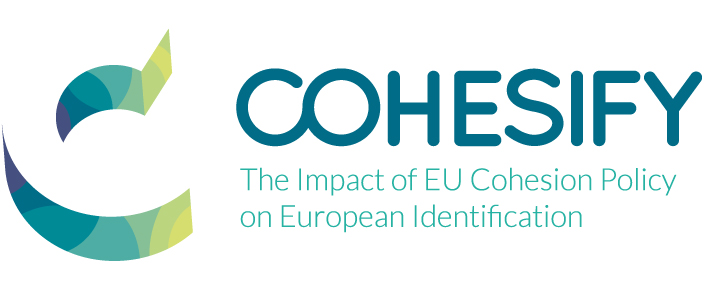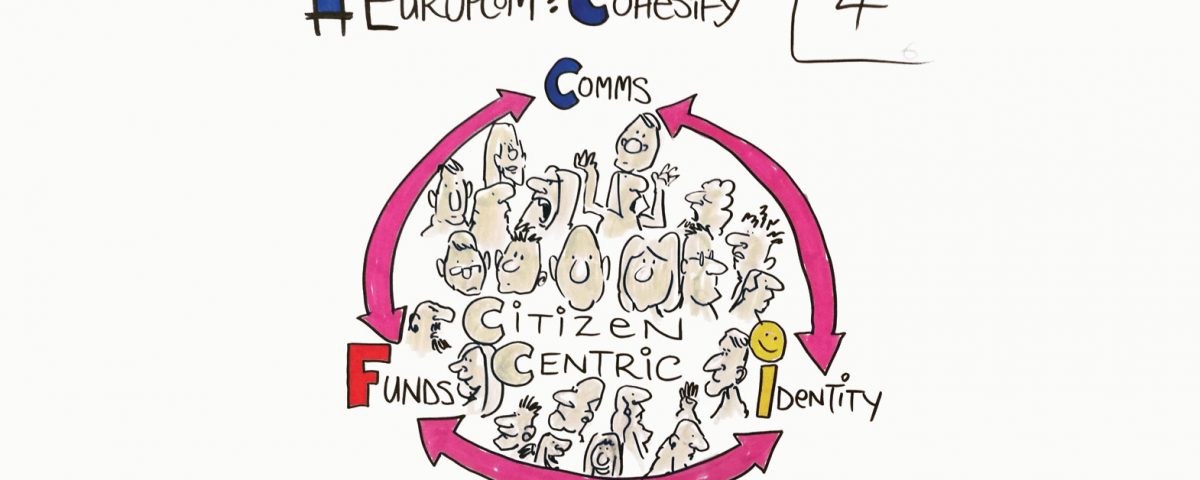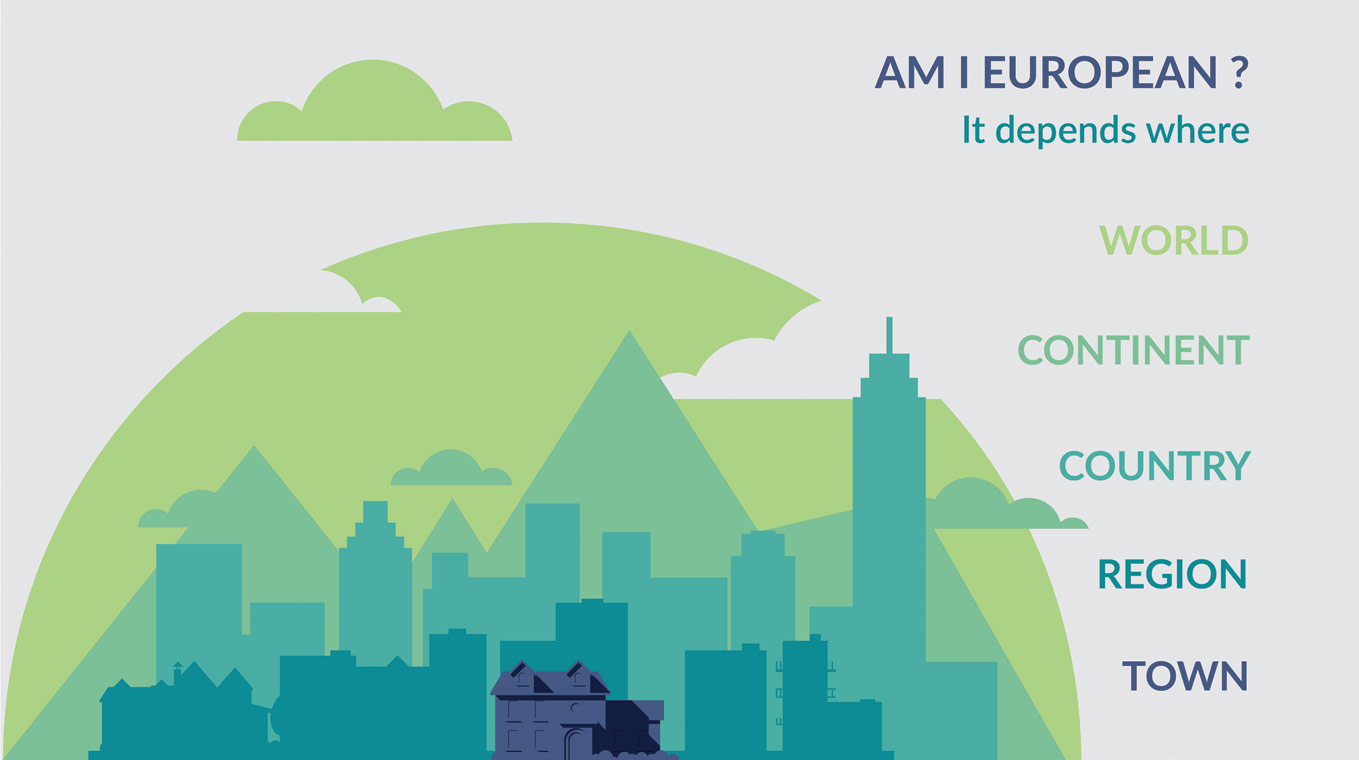
European Identity and citizen attitudes to Cohesion policy: what do we know ?
October 26, 2016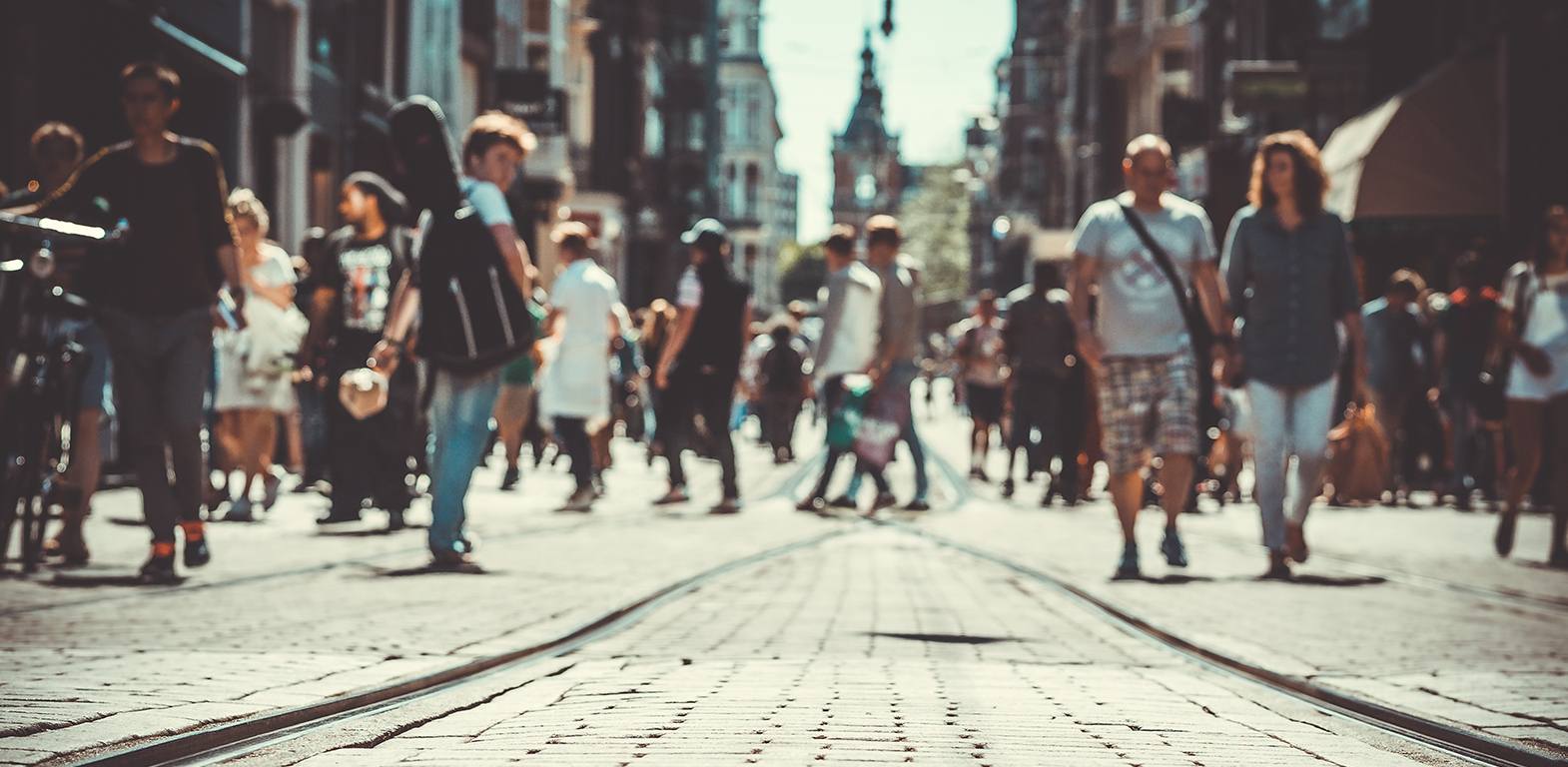
The urban dimension of EU Cohesion Policy
November 2, 2016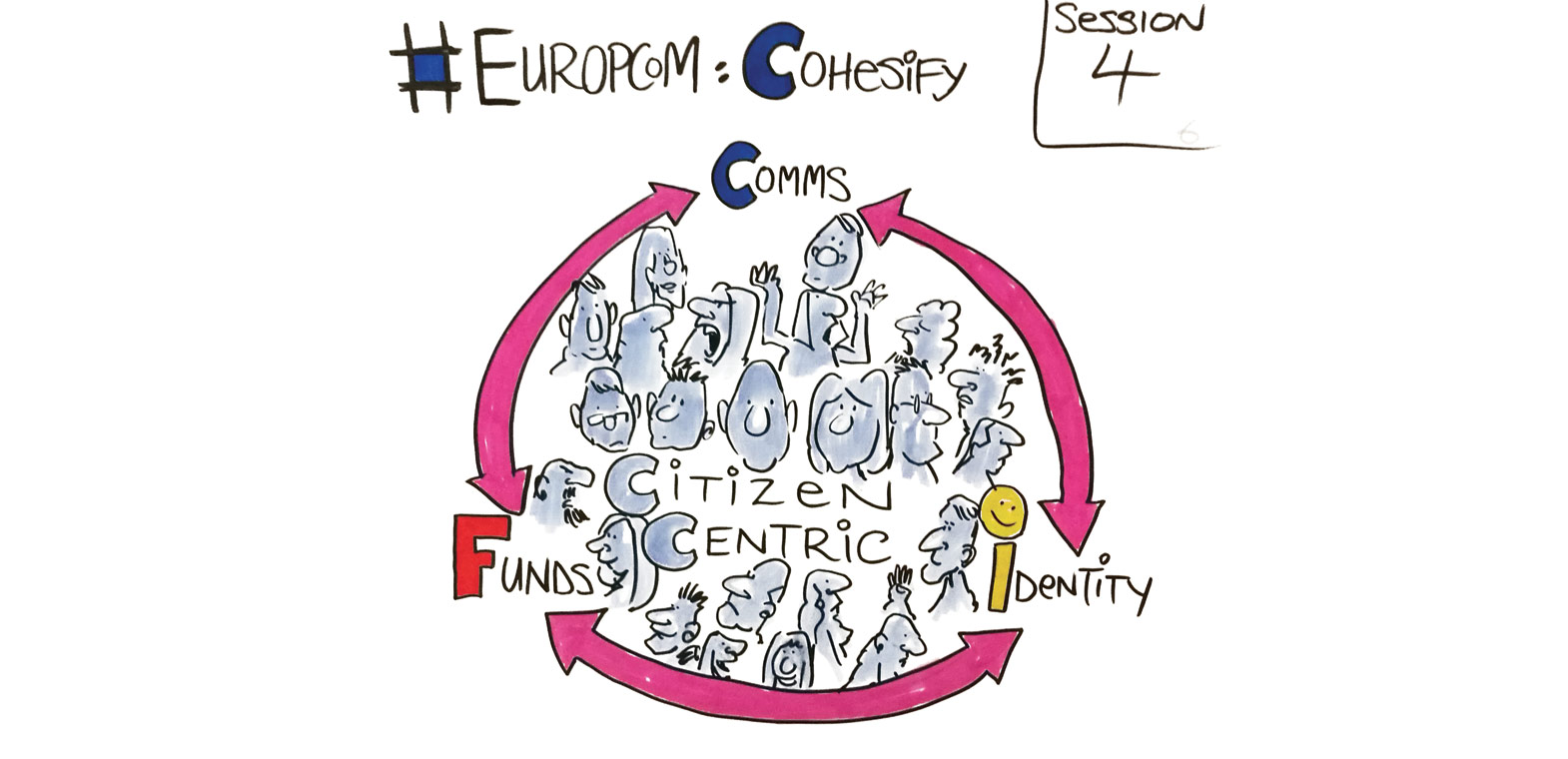
This year while flying over to Europcom, the annual conference for EU communicators in Brussels, I sat on the plane with a weird feeling in my stomach. I had just watched a documentary film on the migration crisis in the Mediterranean and could not get some of the images of packed rubber boats out of my head. Far too many people, including women and children who had been without food and water for hours if not days…
The other disturbing message that had stuck in my mind was one of the helpers saying that “the EU wasn’t doing anything”. How could this be possible? And by the way, who is “the EU” anyway? The European Commission, the Parliament or the European Council? But as Jirí Buriánek, Secretary General of the European Committee of the Regions said in his Europcom opening speech “the citizens do not know the differences of the institutions”. That’s true, but still I could not believe that “the EU” is not doing anything in the Mediterranean! So I searched the internet and found many projects and initiatives such as the Operation Sophia which the EU has launched to mitigate the humanitarian crisis in the Mediterranean: from preventing trafficking of human beings, arresting smugglers to rescuing people. Looking at the tweets that were published on the documentary, almost nobody pointed out to this, on the contrary, many criticised the EU for being too passive and only wanting stronger borders.
This is just one example of how misinformation or biased information is circulating through the internet and social media these days. The EU quickly becomes the scapegoat for everything, although we know that the EU cannot always make up for missing national interest or support. And on the other hand, positive news seem to be no news at all. But this makes the work of all EU communicators all the more important. We should scream out louder and tell the stories on how the EU improves or saves people’s lives and reduces disparities, in particular through its Cohesion Policy, a third of the overall EU Budget and one of the policies closest to the citizens and their needs.
Commissioner Cretu delivered a passionate speech in this sense during the Regiostars awards and I participated in one of the Europcom workshops which dealt with the question in how far good communication of EU funding can help to improve Europe’s image. It seems that often the message doesn’t get through to the citizens or they consider it propaganda.
Commissioner Cretu delivered a passionate speech in this sense during the Regiostars awards and I participated in one of the Europcom workshops which dealt with the question in how far good communication of EU funding can help to improve Europe’s image. It seems that often the message doesn’t get through to the citizens or they consider it propaganda.
In the workshop a series of good practice were presented, including how positive stories on EU support could be pitched to journalists (example from the EU Commission in Germany concerning trainings for migrants funded by the European Social Fund). Another advice given was to localise the project news and contact local rather than national media, but giving them the freedom to write the story in their way (and not simply copy/pasting the press release). A problem that sometimes occurs is that EU stories lose their ownership and get regionalised so that the EU support is no longer visible or understandable for the general public.
And finally, another good example of effective EU communication were the open EU Project days in Poland organised in the framework of the #EUinmyregion campaign. Similar initiatives exist among others in France (“Le Joli Mois de l’Europe”), the Netherlands (“Europa om de hoek”) or for the Interreg programmes (“European Cooperation Day”).
These are all good examples of how we could improve EU communication and we need to investigate them further during our Cohesify Project in the upcoming months.
One methodology the documentary on migration used can already be put into practice very easily (with the right facts of course): let’s be passionate and human! Only what comes from the heart, is being heard!
These are all good examples of how we could improve EU communication and we need to investigate them further during our Cohesify Project in the upcoming months.
One methodology the documentary on migration used can already be put into practice very easily (with the right facts of course): let’s be passionate and human! Only what comes from the heart, is being heard!
Dorothee Fischer
